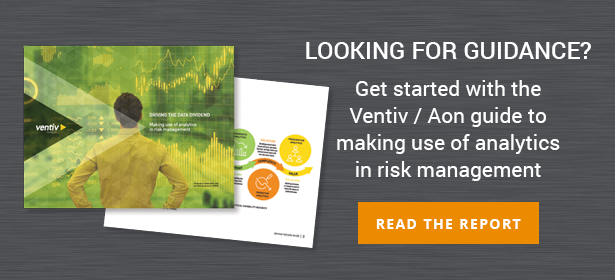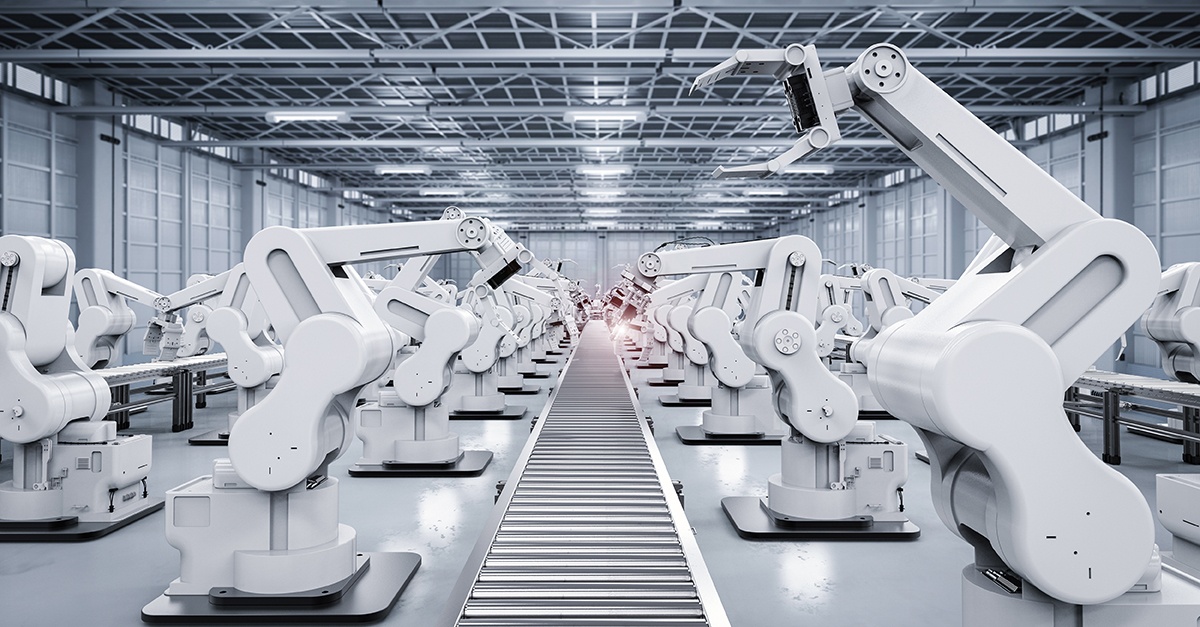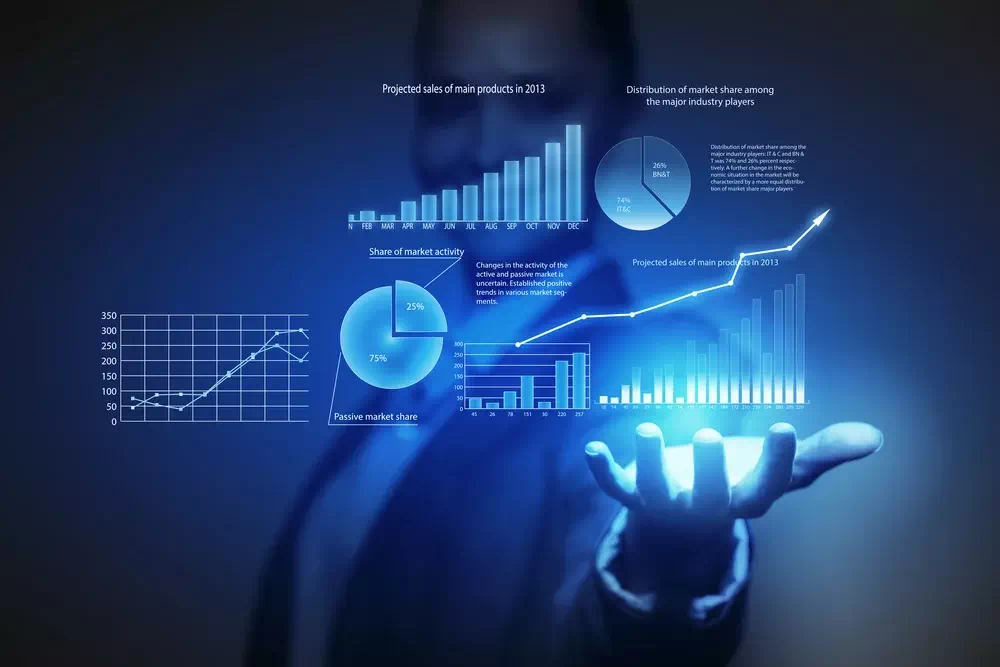Artificial intelligence is defined as the theory and development of computer systems able to perform tasks normally requiring human intelligence, such as visual perception, speech recognition, decision-making, and translation between languages. (Oxford Reference)
Essentially, the goal of AI is to mimic natural intelligence, and figuring out how to add the human element to machines is crucial to its success. AI doesn’t seek to eliminate humans but it does allow them to streamline and provide clarity to their work. Artificial intelligence has permeated through popular culture and benefits not only businesses but the world at large.
AI has become invaluable in everyday life
A simple, accessible example of AI would be digital voice assistants like Siri from Apple and Alexa from Amazon. Specifically in play here is machine learning - the offshoot of AI that trains a machine how to learn.
According to SAS, as computers are exposed to new data, they are able to adapt. They learn from previous computations to produce reliable, repeatable decisions and results. Machine learning has been around for a while now, but only recently has the technology been advanced enough to be able to apply complex mathematical solutions to big data repeatedly and quickly.
Some other examples would be the self-driving Google car, online recommendations based on behaviour, like the ones Amazon and Netflix offer, customer service chatbots, and perhaps most importantly, fraud detection.
What’s next for AI?
The tech industry is focusing on certain areas within the AI umbrella to fund research and develop further. Open Mind BBVA states that one, in particular, is deep-learning, which is the analysis of massive amounts of data.
Currently, it’s limited by “catastrophic forgetting” which is basically a computer forgetting a process it was trained to do after it’s taught to perform a new task. It’s a flaw in artificial intelligence that proves there’s a long road ahead to perfectly mimic a human’s way of learning.
Computers also lack the ability to explain, hence their “black boxes” moniker. More research and development needs to be put into place to allow for explanations on how conclusions were reached. Focus is also being placed on being able to develop algorithms with less data and more energy-efficient hardware.
Putting AI to work in business
Artificial Intelligence is already being used in many areas in both businesses large and small.
Aspects where businesses benefit from AI include:
- Customer relationship management,
- Underwriting and claims management,
- Fraud detection or security intrusions,
- Process automation,
- Social media monitoring.
Strides are also being made within talent development and managing human risk, so AI could benefit human resources departments as well.
Risk management applications
Product Development Director at Aon’s Assessment Solutions, Richard Justenhoven asserts that “AI can do what traditional analysis, scoring or even human capabilities can do, but 10 or 100 times faster, more efficiently and with lower error rates.”
AI has the ability to find patterns and draw insights from data, giving businesses the ability to make more informed decisions. The power of being able to collect and process data quickly and methodically presents new ways to do business. You can also make operational savings through removing human error and reducing time spent on repetitive tasks. This opens up the opportunity for human workers to up-skill to more technical, revenue generating roles.
By making these insights available to your entire risk management team, everyone will be able to secure big wins with fewer resources while making more targeted, data-backed recommendations to their C-suite clients.
Ventiv IRM software and Advanced risk management analytics software are two risk management tools that enable your business to take advantage of Artificial Intelligence and deliver results for your company and clients. Combined with Robotic Process Automation (RPA), you can streamline tasks, organise big data sets and interrogate information for incredibly powerful insights.
David Thomas is the Sales Director at Ventiv Technology. If you would like any further information on this topic please contact him
at DAVID.THOMAS@VENTIVTECH.COM














